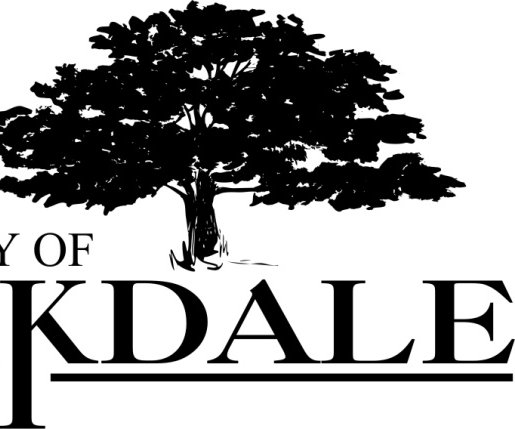GETTYSBURG, Pa. (AP) — Like the Pledge of Allegiance or “The Star-Spangled Banner,” the Gettysburg Address is a sacred American text, so fully absorbed into the culture that phrases such as “four score and seven years ago” and “of the people, by the people, for the people” are as familiar as any song lyric or line of poetry.
But it’s an elusive text, as well.
No definitive edition exists of the speech that countless children have memorized. Praise for Abraham Lincoln’s language has far exceeded any attempts to emulate it. And anniversaries have been marked only sporadically by Lincoln’s successors, including Barack Obama, a self-styled Lincoln admirer who will not attend Tuesday’s 150th anniversary gathering.
“My only guess is that the bar seems permanently set too high,” says Lincoln historian Harold Holzer. “There’s no other explanation for why acclaimed orators like Bill Clinton and Barack Obama would shy away from the challenge.”
The Gettysburg Address is impossibly profound; intimidatingly brief, under 300 words; and unusual among great American speeches, in part because the occasion did not call for a great American speech. Lincoln was not giving an inaugural address, a commencement speech or remarks in the immediate aftermath of a shocking national tragedy, such as the bombing of Pearl Harbor or the Sept. 11 attacks.
“No one was looking for him to make history,” says the Pulitzer Prize-winning Civil War historian James McPherson, who added that the event was planned by Pennsylvania officials, not by the Lincoln administration.
Presidents traveled infrequently in Lincoln’s time and his presence was important, but not essential at Gettysburg. The timing of the Gettysburg National Cemetery’s dedication — four months after Union forces under Gen. George Meade turned back Gen. Robert E. Lee’s troops — was determined not by Lincoln’s schedule, but by the availability of Edward Everett, a celebrated orator whose two-hour speech preceded the president’s “Dedicatory Remarks.”
Memories of Gettysburg only sharpened in hindsight. Accounts differ on everything from the day’s weather to how long the crowd applauded, if at all. Original transcriptions differ, and scholars still debate the speech’s exact length, usually ranging from 268 to 272 words.
In his Pulitzer Prize-winning “Lincoln at Gettysburg,” Garry Wills refuted the legend that Lincoln casually jotted down a few thoughts, or improvised his speech. He also noted at least two major breakthroughs.
Lincoln’s reasons for fighting the Civil War were steadily evolving. By Gettysburg, the original goal of preserving the union had been displaced by the profound and politically risky statement that democracy itself rested upon “the proposition that all men are created equal.” Slavery and the doctrine of states’ rights would not hold in the “more perfect union” of Lincoln’s vision.
“Up to the Civil War ‘the United States’ was invariably a plural noun: ‘The United States are a free country.’ After Gettysburg it became a singular: ‘The United States is a free country,’” Wills wrote. “This was a result of the whole mode of thinking that Lincoln expressed in his acts as well as his words, making union not a mystical hope but a constitutional reality.”
Lincoln’s other revolution was one of style. Wills noted that the Gettysburg Address came at a time of great technological change, when communication was hastened by the rise of the telegraph, an innovation that demanded concise language. Gettysburg is far easier to read now than other speeches of the 19th century, Everett’s included. But it took decades for Lincoln’s approach to catch on.
“To a surprising degree, it was revered and ignored,” says historian Ted Widmer, editor of a Library of America anthology of U.S. oratory. “Everyone loved it, but speeches continued to be longwinded throughout the 19th century.”
Gettysburg Address is a sacred, but elusive text





